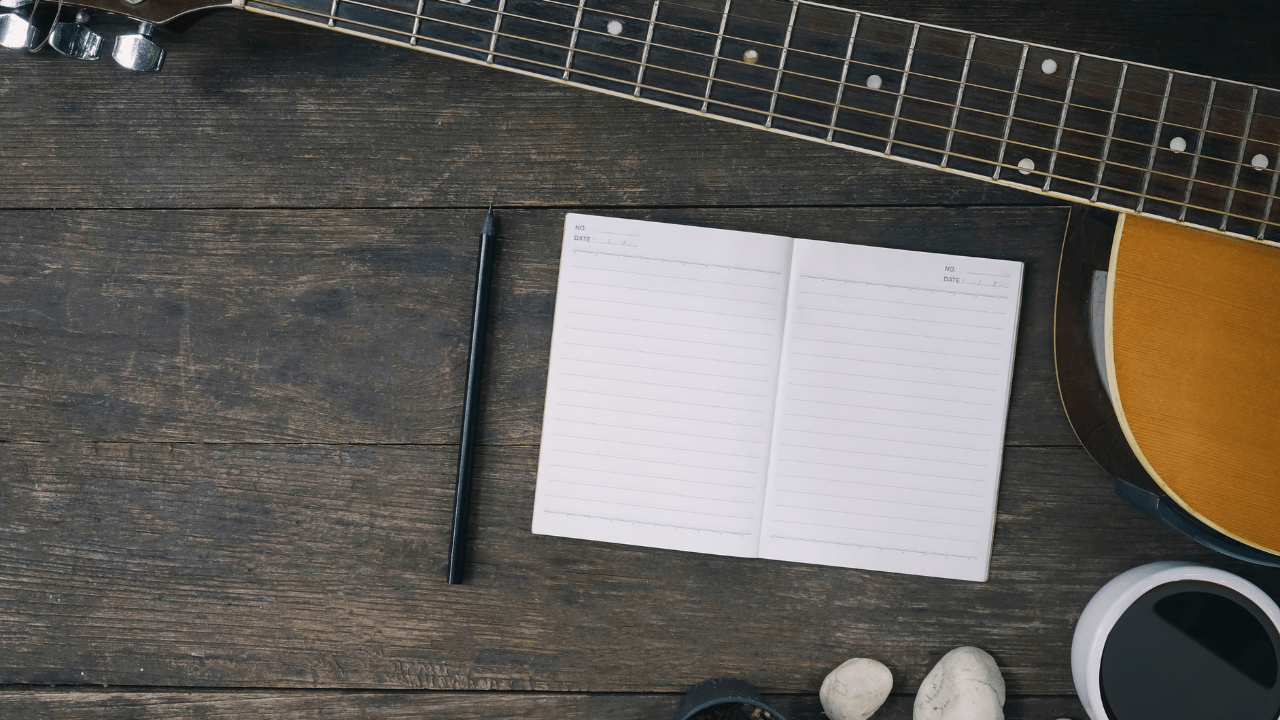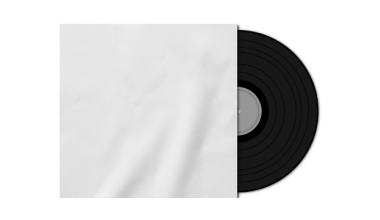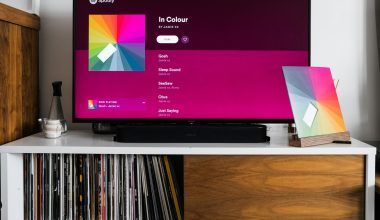Are you curious about how to write a song as a beginner? Songwriting is a fulfilling journey that allows you to express yourself creatively, but starting from scratch can feel overwhelming. This comprehensive guide will break down the songwriting process into simple, actionable steps to help you craft a song you’ll be proud of.
Understanding Songwriting Basics
Songwriting is a blend of art and technique. To get started, you need to understand the key elements of a song:
- Lyrics: The words of the song, telling a story or expressing emotions.
- Melody: The sequence of notes that make your song memorable.
- Chords: The harmonic backbone of your song.
- Structure: How you organize your song into verses, choruses, and bridges.
When learning how to write a song for beginners, remember that every song starts with an idea. Inspiration can come from emotions, experiences, or even random phrases that pop into your mind.
Finding Inspiration
Many beginners struggle with where to start. Here are some tips to spark creativity:
- Keep a journal: Write down thoughts, emotions, or interesting phrases.
- Listen to music: Study the songs you love and analyze their structure and lyrics.
- Experiment with instruments: Strumming a guitar or playing a keyboard can trigger ideas.
Don’t overthink your initial ideas—songwriting is about exploration. If you feel stuck, try brainstorming with synonyms of your focus keyword, like “songwriting tips for beginners.”
Start with a Theme or Emotion
Every great song has a theme or central emotion. Think about what you want to convey:
- Is it a love song, a breakup anthem, or a motivational tune?
- Do you want your listeners to feel joy, sadness, or empowerment?
Writing down your thoughts around a theme can help you craft lyrics that resonate.
Crafting Your Lyrics
Lyrics are the heart of your song. Here’s how to get started:
- Use simple language: For beginners, focus on clarity rather than complexity.
- Rhyme strategically: Rhymes can make your song more memorable, but don’t force them.
- Tell a story: Take your listeners on a journey through your words.
For example, if you’re writing about love, explore different angles—falling in love, heartbreak, or rekindling a romance.
Writing the Melody
Creating a melody is one of the most exciting parts of songwriting. If you’re wondering how to write a melody as a beginner, try these tips:
- Experiment vocally: Hum or sing different notes until something clicks.
- Use repetition: A catchy melody often repeats key phrases or patterns.
- Match the mood: Ensure your melody complements the emotion of your lyrics.
Remember, melodies can be simple or complex—don’t be afraid to keep it straightforward as you learn.
Adding Chords
Chords provide the harmonic framework of your song. Here’s how to approach them:
- Start with basic chords: Common progressions like C-G-Am-F are beginner-friendly.
- Experiment with keys: Each key has a unique mood; explore what fits your song.
- Play around: Don’t be afraid to try unexpected combinations.
Understanding chord progressions will elevate your ability to write a song, even as a beginner.
Structuring Your Song
Song structure gives your music a roadmap. The most common structure is:
- Verse: Introduces the theme or story.
- Chorus: The emotional or melodic climax.
- Bridge: Offers contrast or a shift in perspective.
For example, many pop songs follow a verse-chorus-verse-chorus-bridge-chorus format.
Polishing Your Song
Once you’ve created the basics, it’s time to refine:
- Edit lyrics: Remove unnecessary words or refine awkward phrases.
- Tweak the melody: Make sure it flows naturally with the lyrics.
- Practice performance: Singing your song aloud will highlight areas for improvement.
Polishing takes time, but it’s crucial for turning a rough idea into a polished track.
Recording Your Song
As a beginner, you don’t need a professional studio to record your song. Start with:
- Basic software: Free tools like GarageBand or Audacity work well for beginners.
- A simple setup: A good-quality microphone and a quiet space can go a long way.
- Experimentation: Layer vocals or add basic effects to enhance your song.
Recording allows you to hear your song in its entirety and identify any final adjustments.
Once you’re happy with your creation, share it with the world! Platforms like YouTube, SoundCloud, or social media are great for showcasing your music. If you aim to sell your music on platforms like Beatport, focus on high-quality production and a unique style.
Final Thoughts on How to Write a Song for Beginners
Learning how to write a song for beginners is a rewarding journey. It may feel daunting at first, but with practice and persistence, you’ll improve over time. Remember, every songwriter started where you are now—embrace the process, and don’t be afraid to experiment.
Related Articles:
For further reading, explore these related articles:
- Learn How to Write Songs: A Beginner-Friendly Guide
- AI Songwriter: How Artificial Intelligence is Transforming Music Creation
- Songwriting Tips for Beginners and Pros: Simple Ways to Write Great Songs
For additional resources on music marketing and distribution, visit Deliver My Tune.






